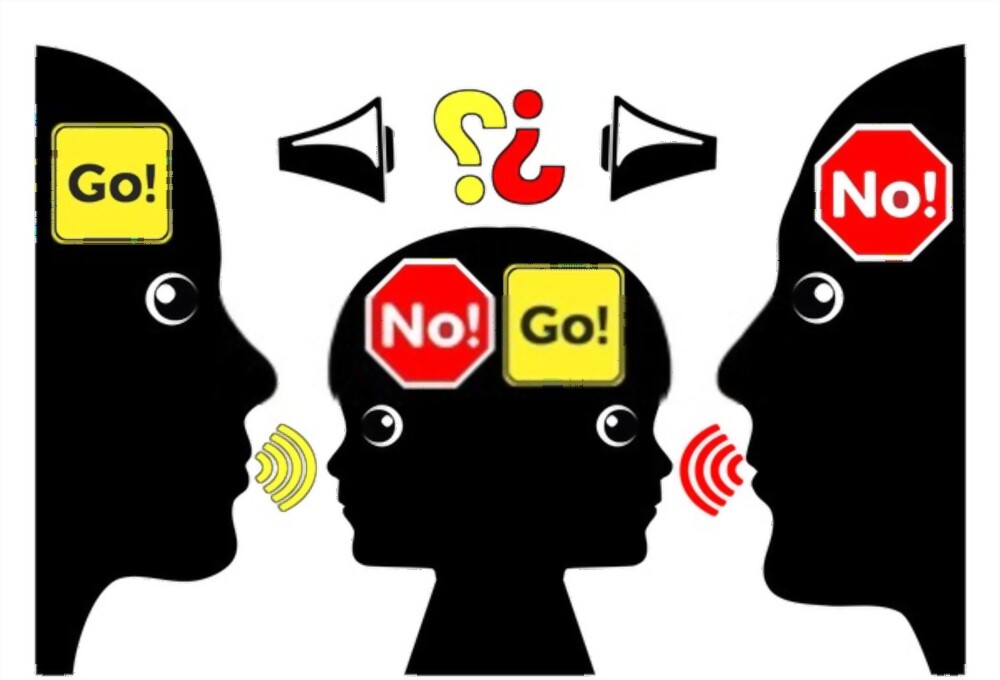What is the Best Parenting Style?
What is the best parenting style? There has been a great deal of research on this question. The present research explored the relationships between parenting styles and individual child relationship variables, tested the mediator effects of gender on these relationships, and examined the moderating effects of adolescent self-esteem and beliefs about parental gender role authority. These studies indicate that there is some consistency in the factors that are related to parenting and adolescent adjustment, and that there are differences in how the styles of parents influence children’s adjustment. However, there are no differences in how parenting styles influence boys and girls.
Most of the research on this question has been on family environments. It has found that there is consistency in the patterns of child adjustment within families with different parenting styles. A family environment that was authoritative in nature was associated with better adjusted children (overall). A family environment that was permissive in nature was associated with worse adjusted children (again, overall). Parental monitoring and feedback was found to be associated with better adjustment.
What is the best parenting style for you? Well, it really depends on your personality type. Those who are authoritative parents tend to be more sensitive and react to their child’s behavior, and to the environment they live in. If you find that you have difficulty in controlling your temper or are easily annoyed, then you will probably be more appropriately parented by using a more authoritative parenting style.
Authoritative parents report fairly similar levels of activity and development in their children. In contrast, passive parents report lower overall family functioning and higher rates of troubled behavior. These differences in parenting styles are accounted for by the differences in how the two parents act towards their children. For example, although both parents may punish their children for bad behavior, passive parents generally emphasize the negative consequences while the authoritarian parents focus on rewarding good behavior.
Parenting Styles: There are actually several recognized parenting styles. Of these, the most widely acknowledged ones are authoritarian, permissive, and mixed. An authoritarian parenting style is characterized by setting firm but reasonable limits on child behavior. This style of parenting may involve harsh punishment of minor transgressions and may emphasize the necessity and importance of rules and consequences for breaking these rules.
Permissive parents are also noted as being effective in raising well-adjusted children. These parents allow their children to develop their own independent identity and set reasonable limits on how much time, money, and effort they need to spend on activities. Children exposed to a liberal parenting style by their parents are less likely to suffer from behavioral problems as they get older and begin to develop their own independent identity.
Finally, parenting styles that are defined as permissive can also have their share of drawbacks. A permissive parenting style may be characterized by a lack of assertiveness or by a willingness to let children do whatever they want. A child who is exposed to this parenting style may act out as a way to get attention or to escape stress. Children who have been exposed to too much demandingness, however, may have mental issues that may manifest themselves later in life.
Experts suggest parents adopt one parenting style – not a pair of parenting styles – if at all possible. That way, parents will have a greater chance of effectively parenting their children. In addition, experts say it’s important for children to see their parents as the “ultimate authority” and to respect them. In this way, children are more likely to develop healthy self-esteem and confidence.
